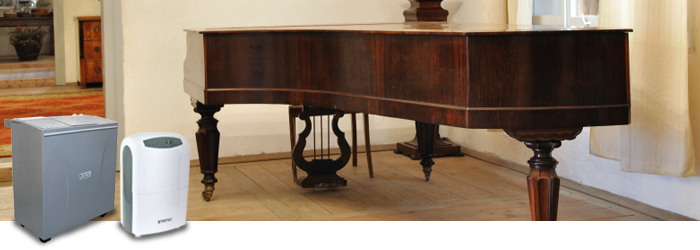
A piano – be it an upright piano or a grand piano, a Steinway or a Yamaha – is often the most prized possession and most highly-valued musical instrument in hundreds of thousands if not millions of homes and households. Pianos, and piano music, are extremely popular all over the world. Which other instrument, apart from perhaps an exquisitely-tuned violin, is able to capture the hearts of those listening and strike the chords that touch the soul and move and uplift the listener to higher spheres, or drag them down – deep, deep, down – into the darker realms of despondency, grief and gloom?
So why then do so many people who own such a beautiful instrument not look after their valuable possessions the way they ought to?
Wood is full of life. It has a history, a story to tell and it still lives on long after the wood that has been hand-picked by experienced and dedicated piano makers has been crafted into a fine musical instrument. Wood, as we all know, reacts very strongly to its surrounding conditions. It can contract and expand – and even crack and tear apart – depending on how moist or dry the air that surrounds it is. That’s why it is so important that you spend enough time selecting the right place for such a skillfully mastered instrument. And it’s not just the acoustics you should be focusing on – on the contrary, the right place for your piano is the room, chamber or parlour where the relative humidity and the temperature are evenly balanced and within certain limits. Strongly fluctuating temperatures or humidity levels that are too high or too low can not only put your piano out of tune, they can literally ruin your masterpiece making costly repairs necessary or even rendering it worthless.
So what can be done to ensure that the relative humidity remains within certain limits and the temperature does not drop below or exceed certain thresholds?
Dehumidifiers are highly sophisticated and highly effective pieces of equipment which are designed to monitor and regulate the relative humidity in your home, workplace or office so as to provide you with just the right amount of humidity that you need. Depending on their size and the application which they have been built for, dehumidifiers can extract up to 20 litres of moisture from the surrounding air in just one single day. This means that they are easily able to reduce high moisture levels that could otherwise cause the wood of your piano to swell up or split and maintain a desired indoor climate with a relative humidity that lies ideally between 50 and 65%.
If, on the other hand, the air in the room is not too moist but far too dry, then you need to be able to rely on a humidifier to prevent you the wood of you piano from cracking to the point that it is beyond repair. A humidifier increases the moisture in the air, but only as much as you would like and enough to create a pleasant indoor climate and an overall sense of well-being.
The right temperature also plays a vital role regarding the position of your piano. Make sure that it is not too close to any heat sources like a radiator for example, and that your room thermostat is set to between 15 C and 24 C. You will also need to provide for some form of insulation if you have underfloor heating and be careful to keep it away from cold spots and draughts.
There are some people who say that a piano is as sensitive as a human being. They think that you should never keep your piano in a climate which you yourself would not feel comfortable in. You may of course not wish to leave anything to chance and therefore decide to use a piece of professional measuring equipment to check that the temperature and the relative humidity are at the right levels. A thermohygrometer is such a professional, high-precision device. It is practically two devices rolled into one. And it is robust, reliable and very reasonably priced.
Perhaps not quite as valuable as your average piano, but it does do its job just as well.


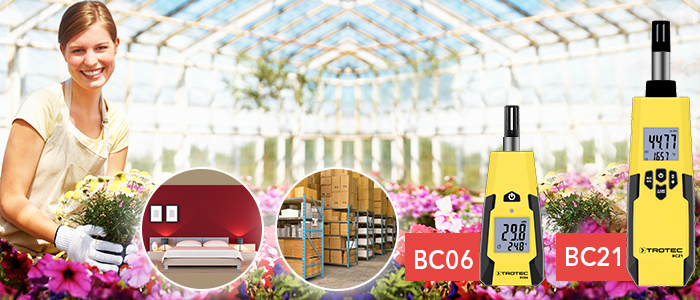
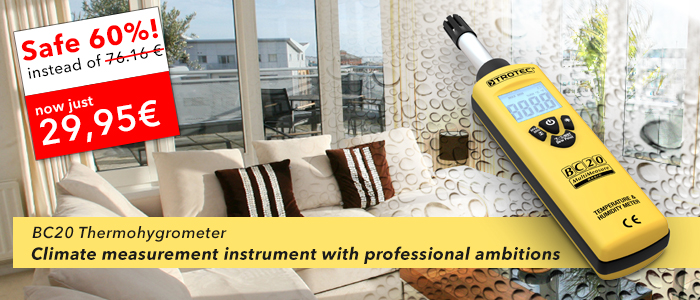
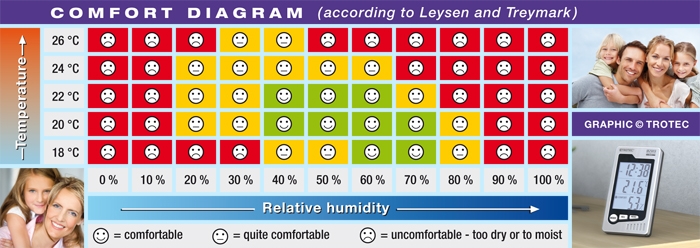
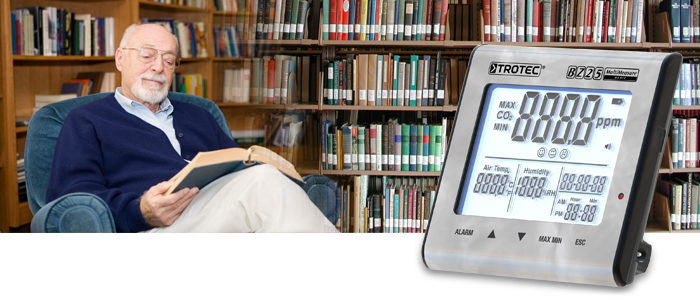
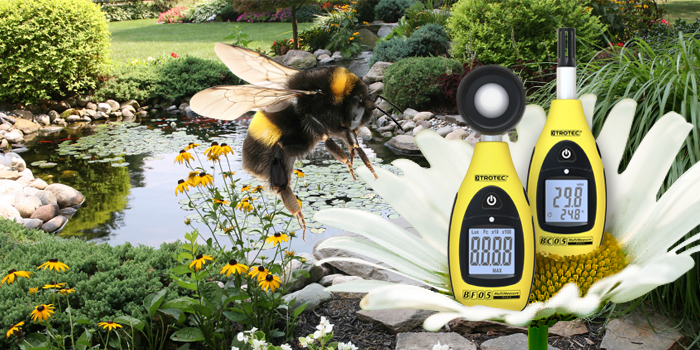
 But there are several hardened species which can flourish as far north as the Arctic Circle and as far south as Antarctica. Of the 30,000 or so different species of orchid known to man there is a small number which are deemed especially collectable. Rothschild’s Slipper, an orchid that takes as long as 15 years to grow, can fetch prices upwards of 5000 US dollars per stem.
But there are several hardened species which can flourish as far north as the Arctic Circle and as far south as Antarctica. Of the 30,000 or so different species of orchid known to man there is a small number which are deemed especially collectable. Rothschild’s Slipper, an orchid that takes as long as 15 years to grow, can fetch prices upwards of 5000 US dollars per stem.

